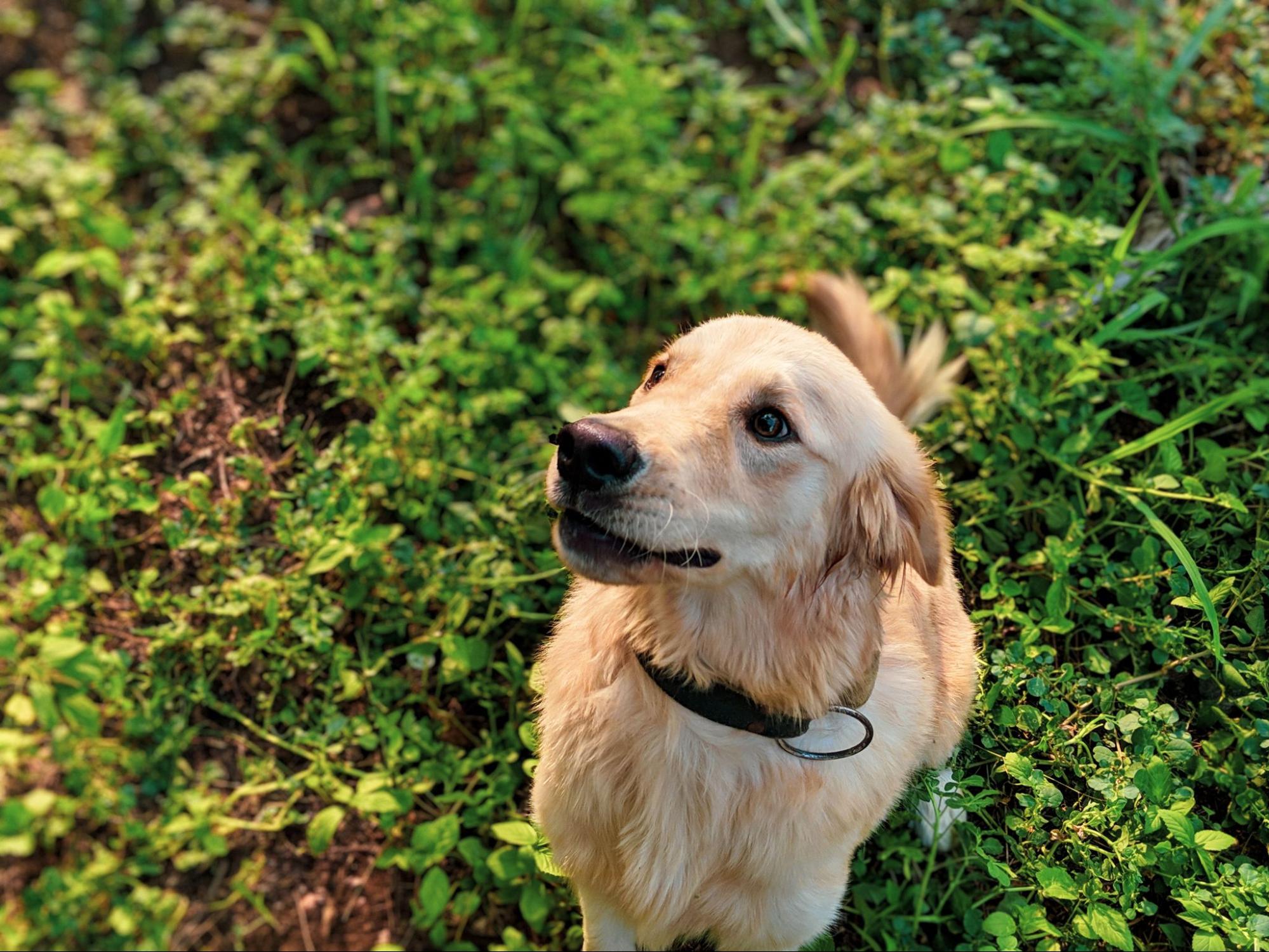How do I Get a Puppy to Stop Biting
Getting a new Labrador puppy can be an exciting and joyful experience. However, one common challenge that many owners face is dealing with their puppy’s biting behavior. If you’re wondering how to stop a Labrador from biting, I’m here to help. In this article, I’ll share some effective strategies on how to get a puppy to stop biting.
Puppies naturally explore the world around them with their mouths, and biting is a part of their development. However, it’s important to teach them appropriate behavior early on. The first step in addressing this issue is understanding why puppies bite. They may bite out of playfulness, teething discomfort, or even as a form of communication.
To stop your Labrador puppy from biting, consistent training and positive reinforcement are key. Begin by redirecting their attention towards appropriate chew toys whenever they start nipping at your hands or clothing. By providing them with suitable alternatives and rewarding good behavior with treats or praise, you can encourage them to chew on acceptable items instead.
Remember that patience and consistency are crucial when teaching your puppy not to bite. As you implement these techniques and establish clear boundaries, you’ll be well on your way to having a well-behaved and gentle Labrador companion.
So, let’s dive into the details of how you can effectively address your puppy’s biting behavior and create a harmonious environment for both of you.
Understanding Labrador Behavior
Labradors are known for their friendly and outgoing nature, but sometimes they can exhibit biting behavior, especially during their puppy stage. It’s important to understand why Labradors bite and how to effectively stop this behavior. In this section, we’ll delve into the reasons behind Labrador biting tendencies and provide some practical tips on how to address them.
- Teething: Just like human babies, puppies go through a teething phase where they experience discomfort in their gums. Biting helps alleviate the pain and itching sensation caused by new teeth emerging. It’s crucial to recognize that biting during this time is not aggressive behavior but rather a natural response to teething.
- Exploration and Play: Puppies explore the world around them using their mouths, which includes nibbling or playfully biting objects or even people. This behavior is part of their learning process as they discover different textures, tastes, and sensations. While it may be harmless initially, it’s essential to redirect this behavior early on to avoid reinforcing it as they grow older.
- Attention-Seeking: Dogs are social animals that crave attention from their owners or family members. Sometimes Labradors resort to gentle nipping or mouthing as a way to seek attention or initiate playtime with humans. If not addressed properly, this behavior can escalate into more forceful bites.
- Fear or Anxiety: Like any other dog breed, Labradors may display biting behavior when feeling fearful or anxious in certain situations. These emotions can arise from various triggers such as unfamiliar environments, loud noises, or encounters with strangers or other animals.
To address Labrador biting behaviors effectively:
- Provide appropriate chew toys and treats that help soothe their teething discomfort.
- Engage in interactive play sessions with your puppy using toys specifically designed for chewing.
- Use positive reinforcement techniques such as rewards and praise when your Labrador displays appropriate chewing behaviors.
- Teach your puppy bite inhibition by gently yelping or withdrawing attention when they bite too hard, signaling that their behavior is not acceptable.
- Socialize your Labrador from an early age to different environments, people, and animals to reduce fear-based biting tendencies.

The Reasons Behind Biting in Labradors
Labradors are known for their friendly and affectionate nature, but sometimes they may exhibit biting behavior. Understanding the reasons behind biting in Labradors can help us address this issue effectively. Here are a few common factors that contribute to biting in Labradors:
- Teething: Puppies, like human babies, go through a teething phase where their gums feel itchy and uncomfortable. As a result, they tend to nip and bite to relieve the discomfort. It’s important to provide appropriate chew toys and redirect their biting behavior towards these toys.
- Lack of socialization: Proper socialization plays a crucial role in shaping a dog’s behavior. If a Labrador hasn’t been exposed to different people, animals, and environments during their early development stages, they may resort to biting out of fear or anxiety when faced with unfamiliar situations.
- Playfulness and excitement: Labradors are energetic dogs that love to play and interact with their owners. However, sometimes their exuberance can lead to nipping or mouthing behaviors during playtime. This is often unintentional but can still cause discomfort or harm.
- Resource guarding: Dogs have an instinctual need to protect their possessions such as food, toys, or even sleeping areas. In some cases, Labradors may resort to biting if they feel threatened or someone tries to take away something they consider valuable.
- Fear or pain: Like any living being, Labradors can experience fear or pain which may trigger defensive behaviors such as biting as a way of protecting themselves from perceived threats.